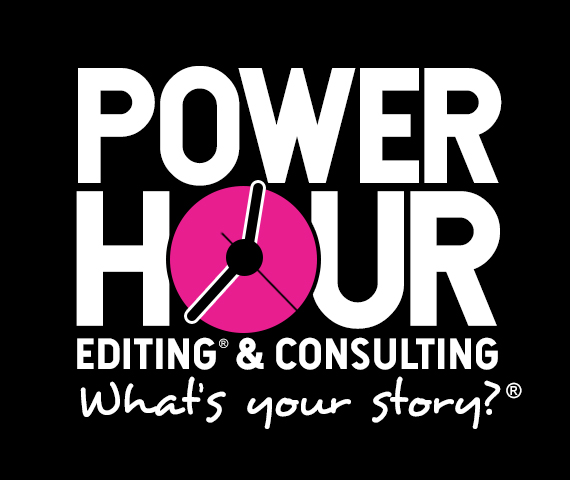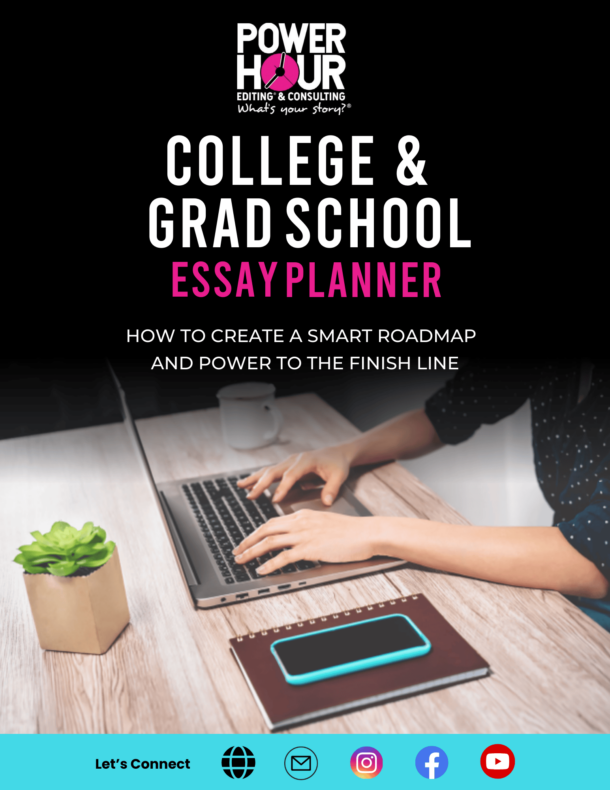Recently, I wrote about my conversation with Benjamin Lira, a University of Pennsylvania Doctoral Student & Researcher on the potential use of AI in college admission review. I first met Lira on a counselor webinar also featuring the Common App President/CEO, hosted by Brennan Barnard: Director of College Counseling, Khan Lab School. This conversation was so enlightening with regard to how the Common App views essay writing, along with what they’re hearing from more than 1,000 member colleges.
The Common App, a dominant leader in the college admissions space, saw 1.2 million unique college applications last year. Total applications and applications per student continue to rise, fueled by the test-optional wave. Students have always been asked to check boxes on the Common App assuring readers that the work is authentic and the student’s own. Last cycle, they added another affirmation statement, reinforcing how important authentic work is in the application. Common App President/CEO Jenny Rickard shared WHY human-written essays are critical: “We need students to remain human so the humans can see their humanity.” She elaborated on how important authenticity is in the college essay: “The key…is that it’s representative of who they are and not who someone else thinks they are.” Also, Rickard reminded us that “the admission officer is a human being…(who) wants to learn about a student…you don’t necessarily learn about a student from seeing a character score from AI or learn about their context without reading the essay.”
Rickard also referenced a New York Times opinion article, “Human This Christmas,” by Tressie McMillan Cottom, award-winning author and UNC Sociology professor. Cottom discusses the academic concern surrounding ChatGPT in addition to the limitations of machine-generated text: “Tech is not supposed to be human. It is only ever supposed to be humanoid.” She adds, “ChatGPT impersonates sentiment with sophisticated word choice but still there’s no élan. The essay does not invoke curiosity or any other emotion. There is a voice, but it is mechanical. It does not incite, offend, or seduce.”
Bottom line: your essay is YOUR story. The critical SHOW (not tell) that gives your essay magic comes from YOUR archives, YOUR life, YOUR brain. A machine cannot know your personal experiences that provide the colorful background and unique support for YOU. When I think of all of the amazing essays I’ve read over the years, I remember the incredible personal experiences, aha moments, and perspectives students share. There’s nothing robotic about that. Rickard said it best: “It’s incumbent on us to keep the humanity in the process.”



Trackbacks/Pingbacks